Russia: Kosovo decisions outside UN illegal
On the day the Troika mandate ended, the Russian envoy voiced Moscow's support for continued Kosovo negotiations.
Tuesday, 11.12.2007.
09:06

On the day the Troika mandate ended, the Russian envoy voiced Moscow's support for continued Kosovo negotiations. Aleksandr Botsan-Kharchenko, who, along with his EU and U.S. colleagues mediated the talks between Belgrade and Pristina on behalf of the Contact Group, said Monday that Russia would on December 19 insist in the UN Security Council on more status negotiations for the province. Russia: Kosovo decisions outside UN illegal If unilateral solutions are made, Russia will demand their annulment and the return of the process into a legal framework, he added. "The December 19 UN Security Council session is decisive. The debate will not be easy and further steps will be debated. Russia will actively urge the continuation of the negotiating process," Botsan-Kharchenko told Tanjug. According to Botsan-Kharchenko, the Troika report, to be discussed by the Security Council on that day, contains numerous facts and conclusions that speak in favor of further talks. "Russia's principled position is that work within Security Council Resolution 1244 should continue, without seeking loopholes in that document that would, allegedly, enable Pristina to declare independence or the international community to replace UNMIK with an EU mission," the Russia diplomat explained. "There are no such loopholes. All that is outside the UN Security Council is illegal. Resolution 1244 should be viewed as a whole, and not take out things as one wishes," Botsan-Kharchenko told the agency in Moscow. He also rejected the possibility of a return to the Ahtisaari plan. "To me this seems unacceptable, even strange," the diplomat commented. "The decision to set up the Troika and prolong the talks was made exactly because the UN Security Council could not adopt a new resolution on the basis of Ahtisaari's plan, which did not represent a compromise or a negotiated solution," Botsan-Kharchenko pointed out, adding that at that time, the Security Council was "at the brink of confrontation." "Last summer it was clear to all that it [Ahtisaari's plan] does not represent a basis for a UN Security Council decision, and that the status process can end only on the basis of a negotiated solution that would replace Resolution 1244," Botsan-Kharchenko said. Unilateral moves do not represent a solution to conflicts, the envoy added, and explained that Russia opposes them. "The scenario would be clear: the Kosovo Serbs would not agree to that and this would mark a de facto division of Kosovo, something to which the Contact Group has been opposed from the very start." "I do not exclude a new wave of refugees and an outbreak of violence. I do not wish to paint a very dramatic picture, but, objectively, there will be dramatic pictures in that case," Botsan-Kharchenko underscored. He recalled in this context that excluding military measures, the Serbian leadership has prepared economic measures "which could deal a serious blow to Kosovo". Furthermore he warned that a precedent is being created for the Western Balkans: the issue of Bosnia, according to the diplomat, remains unclear, "as there are many problems that have appeared because of the Kosovo resolution, just as in other fields, including the frozen conflicts in the territory of the Commonwealth of Independent States." "To say that Kosovo has the right to independence and Abkhazia or South Ossetia do not would be a typical example of double standards," Botsan-Khachenko said and added that Russia is "doing everything in its power to prevent such a scenario and to prevent the creation of a negative precedent." "We want to find a long-term solution for this conflict and any dialogue and a step, even a tiny one, is a step forward." "If unilateral moves are made, Russia will urge the return of the process to legal frameworks and cancellation of unilateral solutions that violate Resolution 1244," Botsan-Kharchenko said. As for Belgrade's initiative to continue with the negotiations first in the province and then in Belgrade, the Russian diplomat rate it as "very good". "All forms of negotiation are acceptable for us, all ideas that promote the negotiating process," he explained, and added that Russia is ready to participate in negotiations in any format and help achieve a fair solution to the status issue. The envoy believes that the Troika-mediated negotiation process was very useful. "It was the true work of the sides themselves, the sides cooperated and contacted constantly at the high level at the negotiating table, for the first time since 1999," he said. "To let this go now would be a monstrous mistake," Botsan-Kharchenko said and concluded that even though the Troika's mandate has ended, "this does not mean that the status process ended too." Botsan-Kharchenko (FoNet, archive)
Russia: Kosovo decisions outside UN illegal
If unilateral solutions are made, Russia will demand their annulment and the return of the process into a legal framework, he added."The December 19 UN Security Council session is decisive. The debate will not be easy and further steps will be debated. Russia will actively urge the continuation of the negotiating process," Botsan-Kharchenko told Tanjug.
According to Botsan-Kharchenko, the Troika report, to be discussed by the Security Council on that day, contains numerous facts and conclusions that speak in favor of further talks.
"Russia's principled position is that work within Security Council Resolution 1244 should continue, without seeking loopholes in that document that would, allegedly, enable Priština to declare independence or the international community to replace UNMIK with an EU mission," the Russia diplomat explained.
"There are no such loopholes. All that is outside the UN Security Council is illegal. Resolution 1244 should be viewed as a whole, and not take out things as one wishes," Botsan-Kharchenko told the agency in Moscow.
He also rejected the possibility of a return to the Ahtisaari plan.
"To me this seems unacceptable, even strange," the diplomat commented.
"The decision to set up the Troika and prolong the talks was made exactly because the UN Security Council could not adopt a new resolution on the basis of Ahtisaari's plan, which did not represent a compromise or a negotiated solution," Botsan-Kharchenko pointed out, adding that at that time, the Security Council was "at the brink of confrontation."
"Last summer it was clear to all that it [Ahtisaari's plan] does not represent a basis for a UN Security Council decision, and that the status process can end only on the basis of a negotiated solution that would replace Resolution 1244," Botsan-Kharchenko said.
Unilateral moves do not represent a solution to conflicts, the envoy added, and explained that Russia opposes them.
"The scenario would be clear: the Kosovo Serbs would not agree to that and this would mark a de facto division of Kosovo, something to which the Contact Group has been opposed from the very start."
"I do not exclude a new wave of refugees and an outbreak of violence. I do not wish to paint a very dramatic picture, but, objectively, there will be dramatic pictures in that case," Botsan-Kharchenko underscored.
He recalled in this context that excluding military measures, the Serbian leadership has prepared economic measures "which could deal a serious blow to Kosovo".
Furthermore he warned that a precedent is being created for the Western Balkans: the issue of Bosnia, according to the diplomat, remains unclear, "as there are many problems that have appeared because of the Kosovo resolution, just as in other fields, including the frozen conflicts in the territory of the Commonwealth of Independent States."
"To say that Kosovo has the right to independence and Abkhazia or South Ossetia do not would be a typical example of double standards," Botsan-Khachenko said and added that Russia is "doing everything in its power to prevent such a scenario and to prevent the creation of a negative precedent."
"We want to find a long-term solution for this conflict and any dialogue and a step, even a tiny one, is a step forward."
"If unilateral moves are made, Russia will urge the return of the process to legal frameworks and cancellation of unilateral solutions that violate Resolution 1244," Botsan-Kharchenko said.
As for Belgrade's initiative to continue with the negotiations first in the province and then in Belgrade, the Russian diplomat rate it as "very good".
"All forms of negotiation are acceptable for us, all ideas that promote the negotiating process," he explained, and added that Russia is ready to participate in negotiations in any format and help achieve a fair solution to the status issue.
The envoy believes that the Troika-mediated negotiation process was very useful.
"It was the true work of the sides themselves, the sides cooperated and contacted constantly at the high level at the negotiating table, for the first time since 1999," he said.
"To let this go now would be a monstrous mistake," Botsan-Kharchenko said and concluded that even though the Troika's mandate has ended, "this does not mean that the status process ended too."











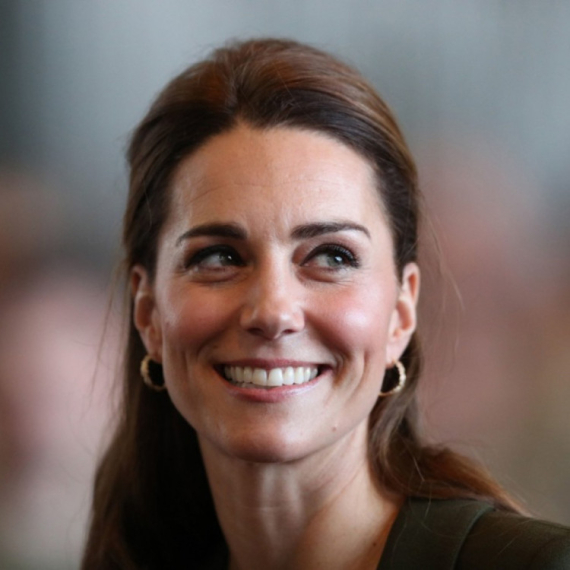


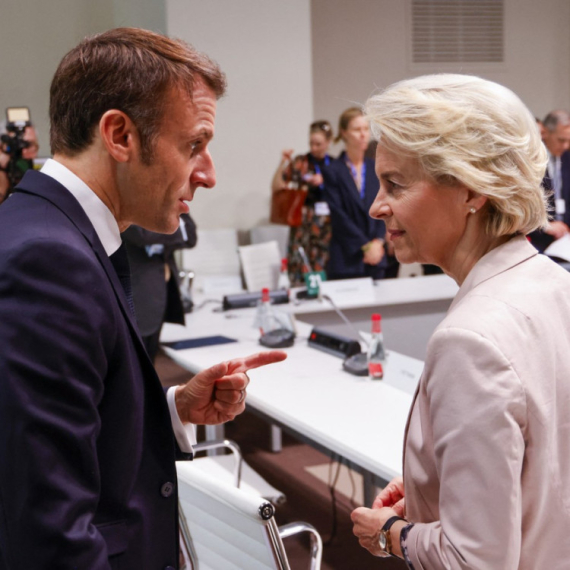
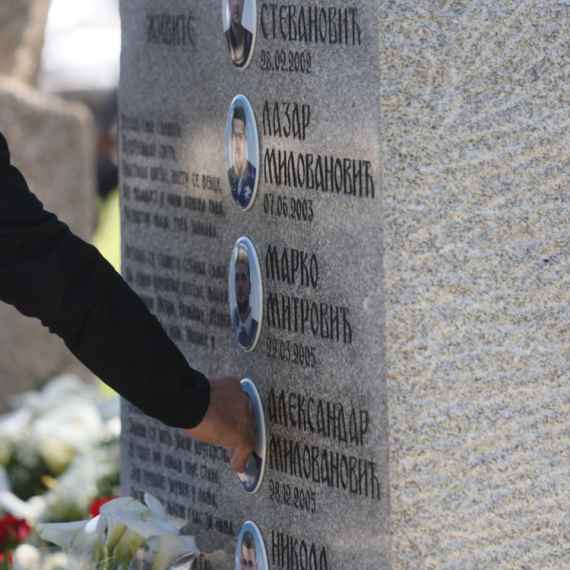

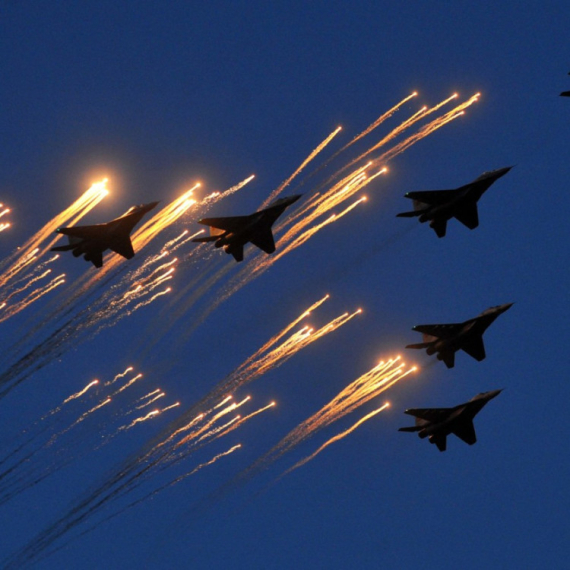
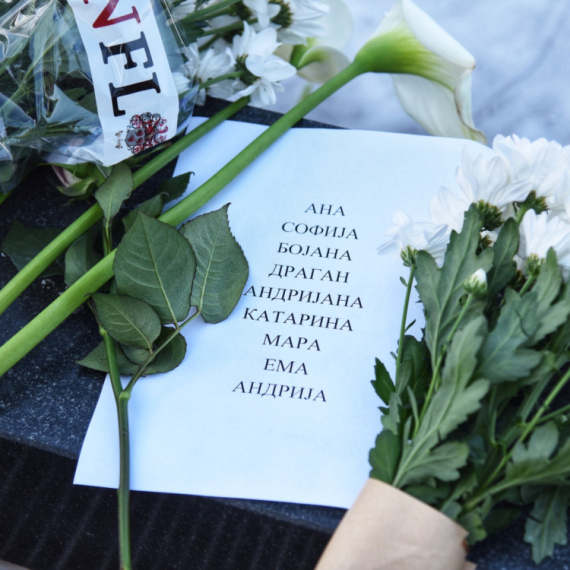

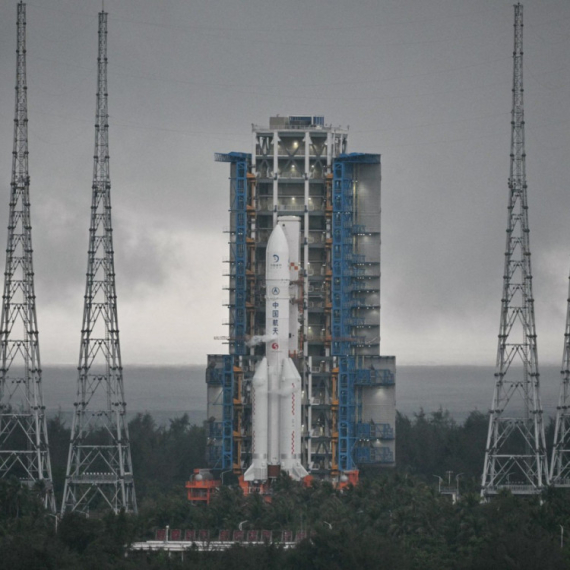































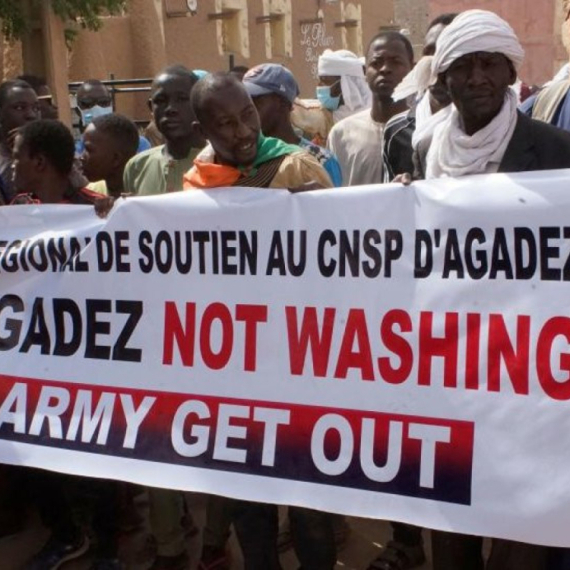
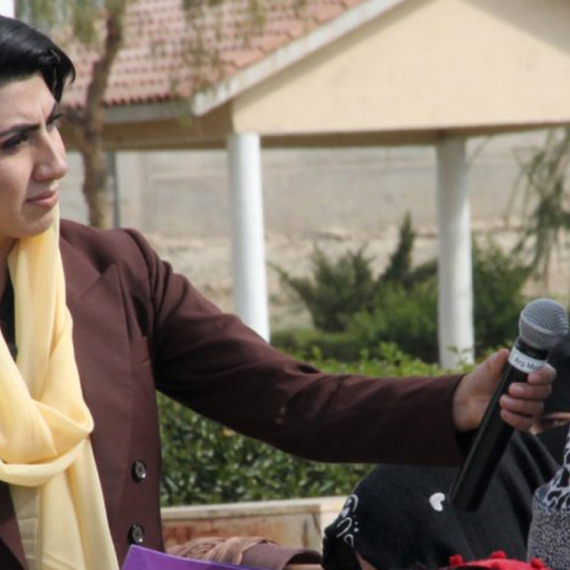
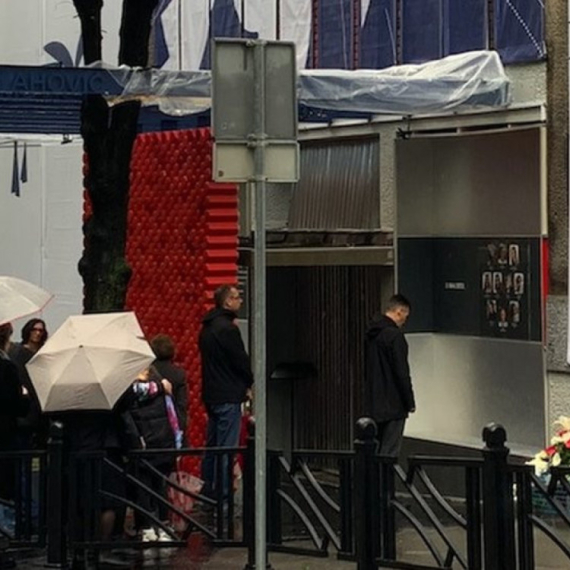
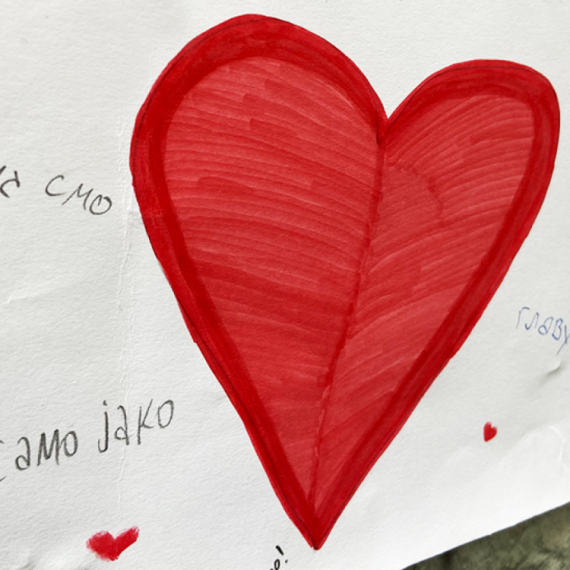


Komentari 28
Pogledaj komentare